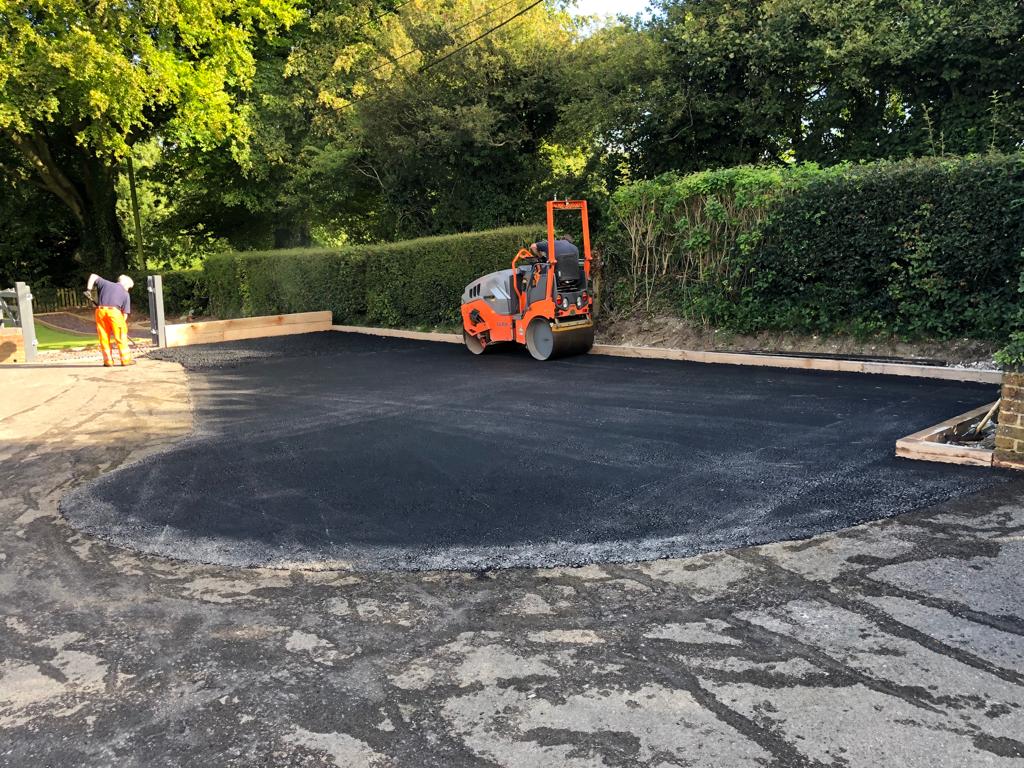When it comes to choosing the right surface for heavy-duty use in places like Woodridge, QLD, the debate often centres around hardstands versus traditional driveways. Both options serve distinct purposes, but when it comes to handling heavy vehicles, industrial equipment, or frequent use, one solution typically stands out. At Woodridge Surfacing Solutions, we specialise in asphalt and bitumen services, helping clients make informed decisions based on their specific needs. Let’s explore the key differences between hardstands and traditional driveways, and which option might be better suited for your requirements.
What Are Hardstands?
A hardstand is a purpose-built surface designed to withstand heavy loads and constant wear and tear. Typically constructed from reinforced asphalt, concrete, or compacted gravel, hardstands are commonly found in industrial settings, loading bays, or areas that experience high-frequency heavy vehicle traffic. The primary goal of a hardstand is to offer a stable, durable, and low-maintenance solution for heavy-duty use.
Traditional Driveways: The Everyday Solution
Traditional driveways, whether made of bitumen, asphalt, or concrete, are generally intended for residential use or light commercial applications. These surfaces are ideal for regular traffic such as cars, utes, or light trucks, and are designed with a focus on aesthetics, cost-effectiveness, and general durability.
Key Differences Between Hardstands and Traditional Driveways
- Load Capacity: The most significant difference lies in load-bearing capacity. Hardstands are engineered to support heavy machinery, trucks, and equipment without deforming or cracking. Traditional driveways, while durable, are not designed for the constant stress of heavy loads and may suffer from damage under excessive weight.
- Construction Method: Hardstands are typically built with a deeper base, reinforced layers, and thicker surfaces to handle the added stress of heavy use. On the other hand, traditional driveways have a shallower base and may not include the reinforcement required for industrial applications.
- Maintenance Requirements: Due to their robust construction, hardstands require minimal maintenance even with heavy usage. Traditional driveways, while relatively low maintenance under normal conditions, can develop issues like cracks, ruts, or surface deformations if subjected to heavier use than intended.
- Cost Consideration: While hardstands generally come with a higher upfront cost due to the materials and engineering involved, they provide long-term value by reducing the need for frequent repairs or resurfacing. Traditional driveways are more affordable initially but may require more upkeep if used beyond their intended capacity.
- Intended Use: Hardstands are best suited for industrial sites, agricultural properties, or areas where heavy vehicles regularly operate. Traditional driveways are more appropriate for residential properties, small businesses, and locations where the primary traffic consists of passenger vehicles.
Which Option Is Best for Heavy-Duty Use?
For applications that involve constant heavy traffic or require a surface capable of supporting substantial weight, a hardstand is the clear winner. The structural integrity and resilience of hardstands make them ideal for industrial and commercial settings where durability is non-negotiable.
However, if your property only occasionally experiences heavy vehicle traffic and is primarily used for standard cars, a traditional driveway may be sufficient. In such cases, you can still enhance the strength of a traditional driveway with proper construction techniques and quality materials.
Conclusion
When choosing between a hardstand and a traditional driveway, it’s essential to consider your specific needs and the type of traffic your surface will endure. At Woodridge Surfacing Solutions, we offer expert advice and high-quality surfacing solutions tailored to your unique requirements. Whether you need the heavy-duty durability of a hardstand or a traditional driveway that balances function and aesthetics, our experienced team is here to help.
For professional advice and premium surfacing services in Woodridge, QLD, contact Woodridge Surfacing Solutions today. Let us help you select the best option for your property, ensuring longevity, performance, and value for years to come.
Call us on: 07 3113 9392
Click here to find out more about Woodridge Surfacing Solutions
Click here to complete our contact form and see how we can help with your driveway.

